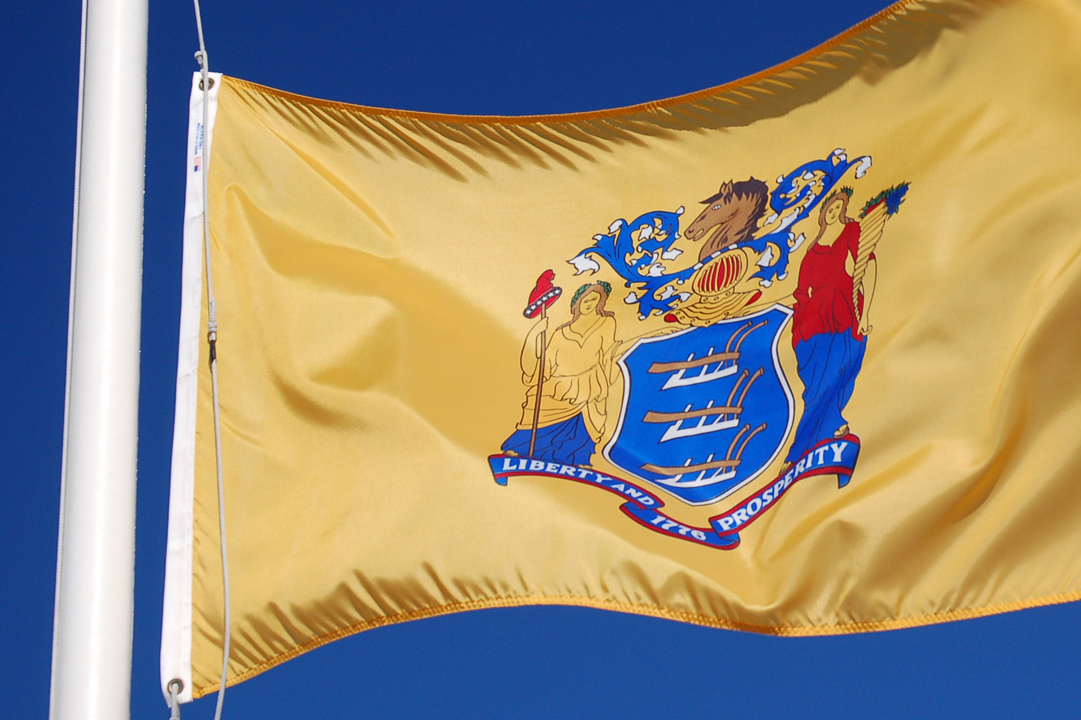By Christie Todd Whitman and Robert Torricelli
NJ.com
April 23, 2023
Few sober observers of America today dispute the view that hyper-partisan extremism is ruining the country. The crude bargaining over the elevation of Kevin McCarthy as House Speaker, the shameless responses to the first of several possible Trump indictments, and the impending, entirely artificial crisis over the debt ceiling are each symptoms of a zero-sum, two-party electoral system. Time and again, two-party gamesmanship takes precedence over solving public problems, compromise is punished, and coalitions are disincentivized.
But all is not lost. Sometime in the next several months, the New Jersey Supreme Court will likely decide a monumentally important case – Moderate Party v. New Jersey Division of Elections – that has the potential to reshape and improve politics in America. Indeed it has the potential to break this cycle of hyper-partisan polarization, a cycle that fills most Americans with despair. Let us explain.
The most under-represented voters in America today are people — Democrats, Republicans and independents — who want our government to be able to function and work on behalf of what is best for the country. Doing so typically requires compromise. Most people don’t want to bankrupt the U.S. Treasury with hyper-ambitious spending programs, but they also don’t want to default on our debts and cause a worldwide financial crisis. But our system doesn’t favor sensible trade-offs when the path to re-election and political power often requires indulging one political extreme or the other. Indeed, in a Congress where neither side is able to attain much more than a narrow majority, the extremist holdouts can be the tail that wags the dog.
The answer is not, as some imagine, to try to get rid of parties or partisanship. Competent political parties serve a crucial function in politics because they give voters clear ways to express their values; we don’t want to destroy them, we want to change the incentives that drive their behavior. Parties can be a source of stability, strength and even innovation in our democracy.
One way to do that — and this may strike readers as counter-intuitive — is to open the two-party system to more competition by reviving and re-legalizing “fusion” voting. Fusion voting means that a candidate can be nominated by more than one party, and voters then choose not just the candidate they prefer but also the party that is closest to their values. Under the current rules, established a century ago in almost all states, the two parties have a functional monopoly on power. Third parties are permitted to form, but the rules against cross-nominating a major party candidate keep them stuck in the “wasted vote” or “spoiler” box.
This wasn’t always so. For the first half of our country’s history, fusion allowed minor parties to form, grow, and build coalitions that enriched our politics. Before the Civil War, people could vote on the line of a minor abolitionist party, like the Liberty Party, for a candidate who was also supported by one of the major parties. In so doing, those voters underlined their support for the abolition of slavery without throwing their vote away on a non-competitive (even if principled) protest candidate. They were using their vote and party to make an enormously important contribution to the political discourse of their time.
Like many voters, the NJ Moderates do not feel at home in either of the two major parties. As Richard Wolfe, a leader in the Moderate Party, says in their lawsuit, “The existence of a Moderate Party that is able to make its own endorsements and choosing, if it wishes, to fuse with Republican or Democratic candidates, is likely to have beneficial effects on government as a whole. In such a framework, candidates who want to win the general election will be less likely to pander to the extremist wings of the Democratic or Republican parties, but will instead run on platforms that reflect a more even-keeled consensus view on important issues.”
This new Moderate Party sought to nominate Rep. Tom Malinowski, a two-term incumbent Democrat, as their inaugural candidate, but they were stopped from doing so by state officials acting under anti-fusion laws passed in the 1920s to squelch political competition from minor parties. In response, the Moderate Party, Wolfe, and two independent voters sued, arguing that these laws violate their fundamental political rights guaranteed under the N.J. Constitution.
The systemic benefits of fusion could be substantial, by tempering the destabilizing effects of hyper-polarization and by incentivizing parties and candidates to compete for voters in the middle. But legalizing fusion would also empower the individual voter, especially one frustrated with our two major parties. A vote for a candidate on a centrist party’s line would be a powerful and effective way to signal that you favor problem-solving over posturing and to reward politicians who are workhorses instead of grandstanders.

